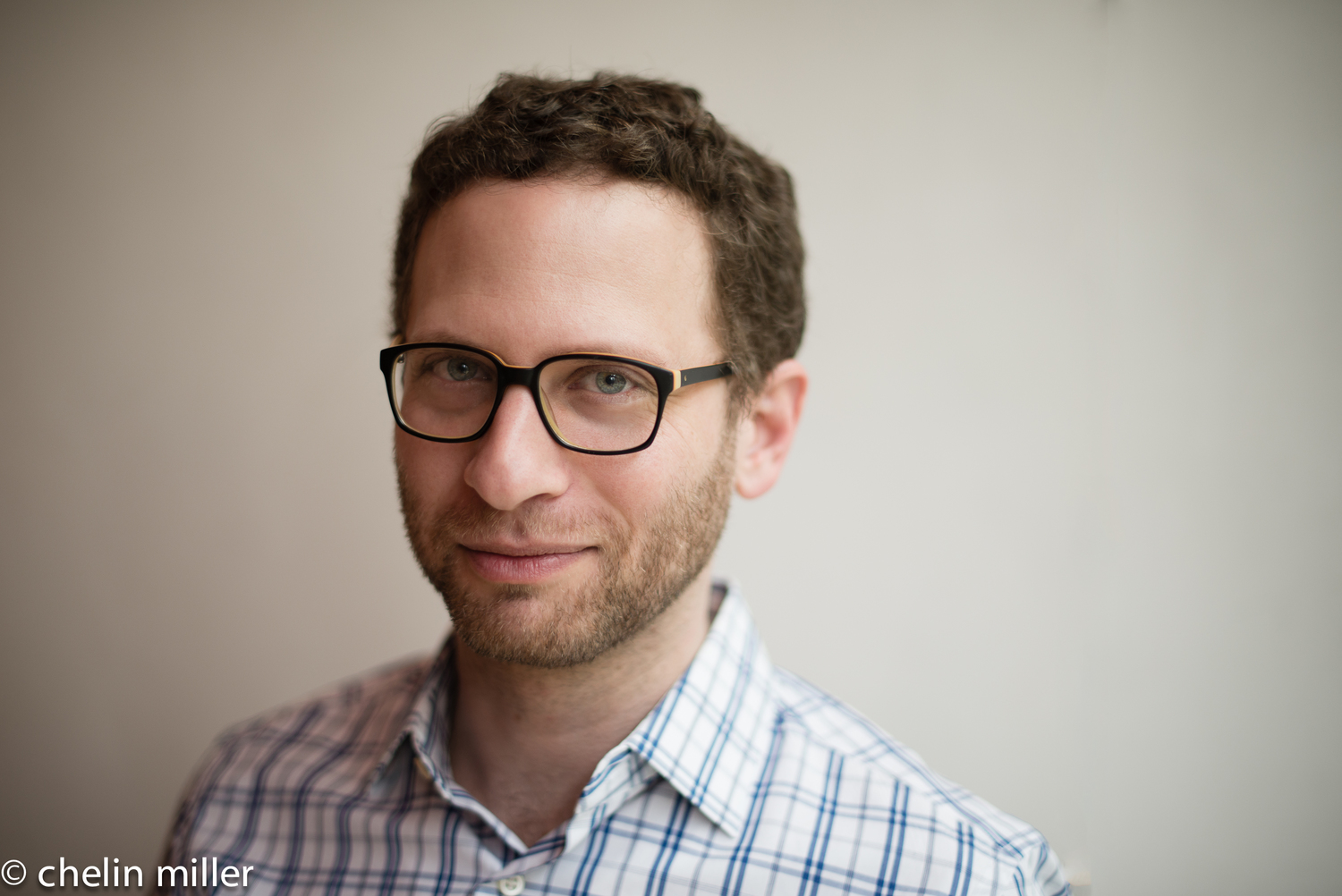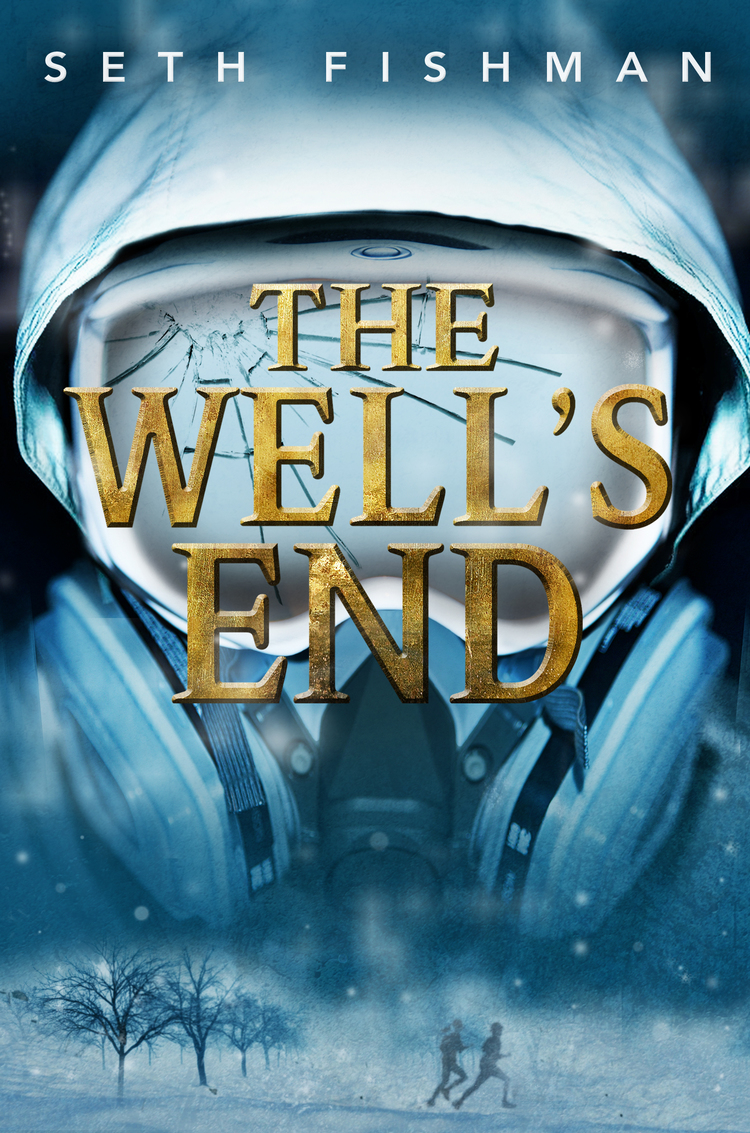Here you'll find current musings, as well as the archives from two blogs of yesteryear: YoungMarriedMom and What I Learned While Writing a Novel. Please comment and share. We love well when we are in conversation with one another.
explore
welcome to a space grounded in
humor and humility
Young married mom
what i learned while writing a novel
motherhood
ethan
July 16, 2013
What Seth Fishman Learned While Writing a Novel
Today I’m thrilled to post the first of what I hope to be many interviews with publishing professionals (editors, agents, etc.) who have published their own books. My guest today is agent Seth Fishman.
Thanks for being here, Seth. I really appreciate your taking the time to share your experience as a publishing professional who has written and published a novel.
Let’s start with what you do, by day—both your official job title and a little about what that entails on a daily basis.
Hi Lindsay! First of all, thanks for having me here. This question, though simple, is also the most complex. But I’ll break it down to the basic form: I’m a literary agent at The Gernert Company, a wonderful agency located in NYC. My job is to represent authors and their best interest, so my day consists of filling the blanks for what that means. Since each client I rep is at a different phase in their career, that means I’m doing a pretty diverse list of activities, from reading submissions to submitting novels, short stories, essays, proposals for publication, to vetting contracts, to brainstorming marketing ideas, to helping place foreign and film rights to arguing over cover designs and on and on. Lots of people think an agent does all their work when they sell a novel, then they sit back and let it go. But I’d say that’s only a small percentage of what we do, and not even my fully favorite part.
Congratulations on your first novel, The Well’s End, to be published by Putnam next February. How did you pitch your novel when you were looking for an agent?
Thank you! That’s a good question! Well, the truth is, my agent (Kirby Kim), signed me for an adult thriller that I wrote. I see, now, the issues that book had, but we came close to selling it back then. It was my 3rd book I had written (yep, us agents still have to work hard on writing too) and after it didn’t sell I was pretty exhausted. Kirby had me into his office and said he thought I could write YA, and maybe sell on a partial. Partials are usually not something I recommend, as they are harder to sell and you get less money for them, but at the time, I couldn’t stomach writing the full book on spec again. So I came up with an idea, outlined fervently, wrote the partial and landed at Putnam with a two-book deal. My agent pitched the novel to ME. Haha.
Your novel was partially inspired by the story of Baby Jessica McClure, who over twenty-five years ago was rescued after falling into a well. What brought that story back to you as a writer? How did you know you’d have enough fuel in that to complete a novel—and the first in a series at that?
Well, I was from the hometown of Baby Jessica, but The Well’s End only uses that incident as a catalyst for the novel, and I knew if I tried to actually have it link to the real story, it would be bogged down. So I moved towns, moved states, and had the event happen years before. I was interested to see how that would influence Mia, the protagonist, as she was set in an entirely different set of circumstances. So it’s there, always in the back of her mind, but the well fall was really just a spark, not the fuel, you know?
You represent a wide range of material as an agent. Have you always been interested in writing young adult fiction, or do you write in other genres as well, and had this particular project take off for you?
I sorta answered this above, but I do write all over the place. Maybe not as well, though. I’ll not trouble you with specifics, but I’ve tried my fair share of styles. It’s allowed me, as an agent, to understand more about how similar each genre and age group is. Good genre writing is good writing set by the confines of the characteristics of a classification. I like that I can ignore those classifications and focus on the good writing.
You hold an MFA in Creative Writing from the University of East Anglia in Norwich, England. How important was that for you as a writer? In what circumstances would you recommend aspiring authors pursue a similar degree?
I loved my time in England, writing away, and would definitely recommend living abroad for a year with a collective of writers – how fun is that? Thankfully, the program was shorter and cheaper than US programs by far. As an agent, though, I certainly glance at the MFA credential but have seen good and bad from very famous to very unknown programs, so I rely much more on the writing. This, I believe passionately: Do Not Go Into Debt For An MFA. Or at least a big debt. There are amazing amazing programs that will cover your fee, like Cornell or Austin’s program. Or if you do want to spend money, take 50k (which is half the tuition cost of two years at some places) and team up with likeminded people and write. Also, briefly, there are great programs that aren’t MFA’s that do as well or better in terms of education and connections, like the Clarion programs. Those are 6 weeks long and cost around $4,000 bucks. And the teachers are amazing.
Let’s talk a little about the editorial process. How has agenting informed your creative process?
I write as I always write, to be honest. But before I wrote the book I came up with a number of ideas and picked the one I both liked and thought had commercial potential. I tell that to my clients all the time. Don’t write what you don’t want to write, don’t pander to others, but come up with a few ideas and find one that hits as many marks as possible, with ‘interest’ being #1 on that list.
How has undergoing the professional editorial process as a writer influenced the way in which you approach your work as an agent?
Ha, absolutely. I’m way way more sympathetic when my writers get their editorial notes. And on my own edits for my clients, I try to be significantly gentler in my comments.
Onto publication! Was knowing that you’d sold your book the pinnacle of the process thus far, or has something else surprised you as being even more awesome?
That’s a good question. Selling the book was really a big deal for me, but what’s funny is that there are SO MANY layers to a book’s pub that you sorta go glassy eyed. First draft finished. Last draft finished. Cover. Galleys. Blurbs. So many wonderful things that I love, but I think my friends and wife are now kinda like, ‘Ok… congrats… again…’
What was the toughest point on the journey to publication for you? And what kept you going?
Editing is tough, finding time to write is tough. Being an agent and trying not to be annoying with that knowledge is tough too. But why keep going? There was never a chance I’d stop. Why do we write? Why do we keep writing? Because we can’t help ourselves. Because we have to and we love it.
Is there anything else you’d like to share?
I love my job as an agent and I won’t ever leave. It’s the best job in the world and I’m lucky to have it, to have the clients I have. Thanks for having me here!
Where can readers find you online?
Goodreads: http://www.goodreads.com/book/show/16101138-the-well-s-end
Twitter: @sethasfishman
Tumblr, http://www.tumblr.com/blog/sethasfishman
Website: sethasfishman.com
Facebook: https://www.facebook.com/Sethasfishman?ref=br_tf
Thank you again, Seth, for this wonderfully encouraging interview. Can’t wait to see The Well’s End on shelves next year.


[…] out an interview with Seth here, then dig in to his […]